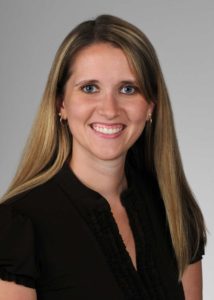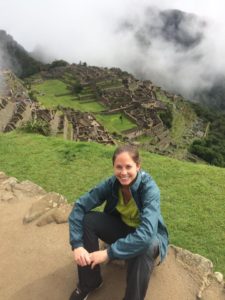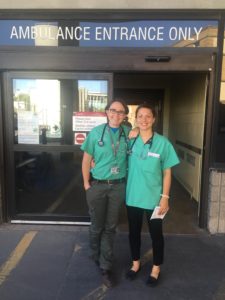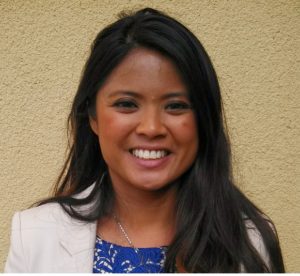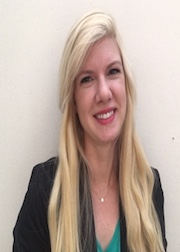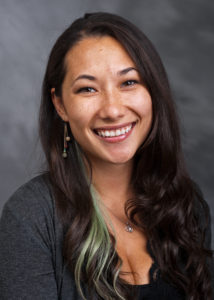FemInEM, in partnership with Medelita, has created our first awards recognizing outstanding female residents in emergency medicine: The Right Fit HIPster Awards.
Inspired by Medelita’s H.I.P. (Honoring Inspiring Professionals) program, we sought applications from female emergency medicine residents. We asked potential HIPster awardees to tell us about a problem affecting physicians, patients or their communities that they identified and implemented a project to address. We are delighted to say we had nearly 50 extraordinary women apply and we were blown away by their incredible applications!
Meet these amazing honorable mentionees!
Shehni Nadeem, MD
Shehni Nadeem, MD received her medical degree from Baylor College of Medicine and is a current first year resident at Baylor College. Dr. Nadeem is passionate about community outreach and education. Among her numerous projects, she has helped develop a mass CPR training program to address the needs of her community, a simulation education program for both medical students and residents to address gaps in education, a patient discharge initiative aimed to reduce bounce backs to the ED due to social determinants of health, a post-natal education program, and a peer-to-peer mentoring program for pre-health undergraduates.
Catherine Parker, MD
Catherine Parker, MD received her medical degree from the University of Washington and is a current Chief Resident at the University of Missouri. During her intern year, Dr. Parker noticed that frequently some of her most critically injured patients were undertriaged resulting in increased emergency department (ED) length of stay (LOS) and delay in care. She found that the majority of patients undertriaged suffered from chest wall injuries such as pulmonary contusions, pneumothorax, and hemothorax. After presenting her data to our surgical colleagues, criteria were added to her hospital’s triage activation to more thoroughly capture these patients with significant improvement in her hospital’s undertirage rate.
Morganne Phillips, MD
Morganne Phillips, MD received her medical degree from the Medical University of South Carolina and is a current Chief Resident at Christiana Care Health System. Dr. Phillips was struck by the impact community service experiences had on medical students and residents as they completed numerous service projects on their path to medical school. She also noticed that resident morale dipped as they became too busy to continue these projects. To address this, she implemented a drive for home goods for her local homeless shelter. And now her residency program is planning multiple similar events going forward, to ultimately involved hundreds of residents across medical and surgical disciplines.
Ashley Phipps, MD
Ashley Phipps, MD received her medical degree from University of Colorado School of Medicine and is a current Chief Resident at University of Texas Southwestern Medical Center/Parkland Memorial Hospital. Concerned about decreasing morale in her hospital, Dr. Phipps created a wellness committee to improved resident wellness. She has developed numerous wellness events including social events such as a successful bowling nights and basketball games, and educational events, such as financial wellness nights to decrease the stress of financial burdens.
Eve Purdy, MD and Kristen Weersink, MD
Eve Purdy, MD received her medical degree from Queen’s University and is a current second year resident at Queen’s University. Kristen Weersink, MD received her medical degree from the University of Ottawa and is a current second year resident at Queen’s University. In response to feedback from their resident colleagues, they wanted to find a way to offer asynchronous involvement in their department’s Grand Rounds and Journal Club and better facilitate the involvement of residents who could not be present for weekly conference. They created QEmerg Live, a junior resident-led project that highlights and distributes key learning points from Grand Rounds and Journal Club, primarily through the creation of infographics. A junior resident works directly with the senior resident leading Grand Rounds or Journal Club to create content posted on the site. This process deliberately allows for a natural mentoring relationship and graded involvement in the rounds processes.
Faith Quenzer, DO
Faith Quenzer, DO received her doctor of osteopathic medicine from Western University of Health Sciences College of Osteopathic Medicine of the Pacific and is a current second year resident at Desert Regional Medical Center. Realizing early in her intern year that she was pregnant, Dr. Quenzer delved into the research surrounding pregnancy experiences of physicians in various specialties. Based on this data, she was able to reach out early to her program leadership for schedule flexibility and received the support she needed to develop as a new physician and a new mother.
Kelly Rebillot, DO
Kelly Rebillot, DO received her doctor of osteopathic medicine from LMU-Debusk College of Osteopathic Medicine and is a current third year resident at Maimonides Medical Center. Dr. Rebillot’s life has been personally touched by depression and suicide among her loved ones. As a result, she has become inspired to create positive energy from her negative experiences, particularly among her physician colleagues, whom she realizes can be at great risk. She has created and fostered growth of multiple wellness programs at her home institution increase awareness and prevent burnout, depression and serves on three national committees.
Shana Ross, DO, MSc
Shana Nelson Ross, DO, MSc received her doctor of osteopathic medicine from Western University of Health Sciences, College of Osteopathic Medicine of the Pacific and is a current Education Chief Resident at the University of Illinois Chicago. Dr. Nelson Ross became aware that while her program ensured the consistent education of their residents during their conferences and emergency medicine rotations, while their interns were completing their off service rotations their experiences and consequently the quality of their education could vary wildly. To address this, she developed the Off Service Core Curriculum Committee and organized a group of residents to create a core curriculum with guides to better facilitate the education of her department’s residents.



